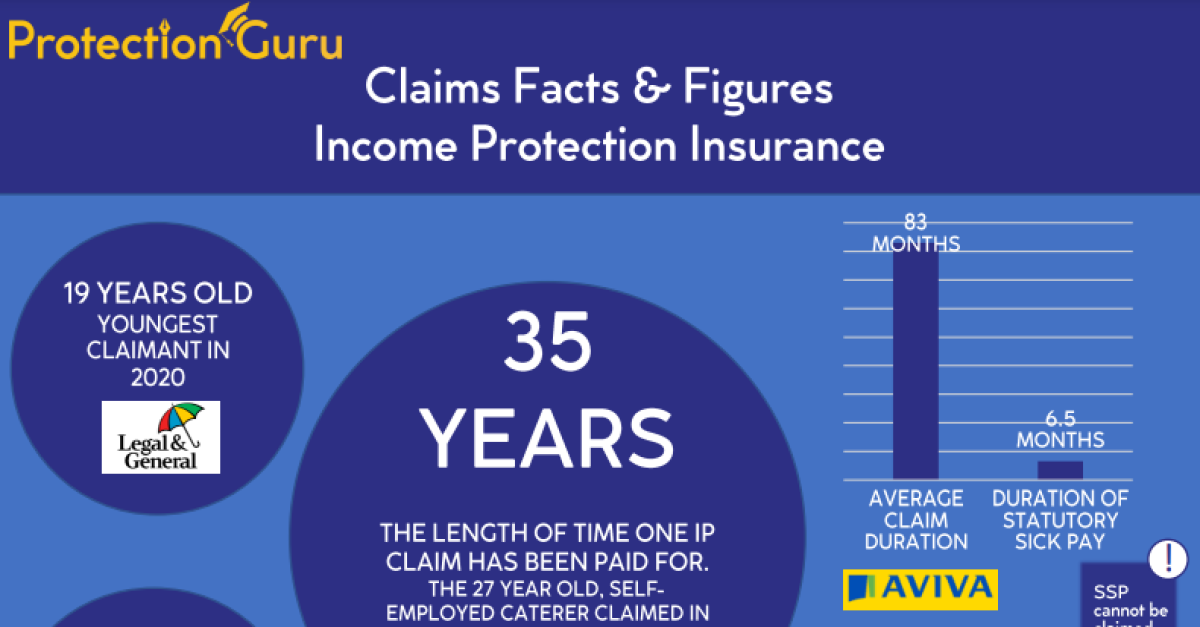
Are fluctuating earnings as common as we think?

In reading this article you will understand
- The importance of income protection for people with fluctuating earnings
- How there has been growth in self-employment over the last 20 years
- How the new generation of firms have built their businesses on the ‘gig economy’.
Flexibility has been everywhere in recent years. It is the modern approach to everything from working patterns to protection products, in contrast to the rigidity of a traditional approach. Post-lockdown, many people value the flexibility of working from home or doing four-day weeks. Taking that a step further, some people earn a flexible – or irregular – income from work that doesn’t fit a traditional profile.
People on fluctuating incomes may also struggle to budget or save – doing so is likely to involve a bit of legwork in finding patterns in their earnings and they may not realise there are affordable policies to help them if the worst happened. But are these people a small minority or are there more of them than we think?
Different circumstances
There are many ways people find themselves earning irregular income. Being self-employed, running a business, and being paid through commission are a few examples of the circumstances in which people’s income will be unpredictable.
This is relevant to protection advisers because it is arguably even more important for people with fluctuating earnings to protect their income. Clients who fall into this category may not have the same rights and benefits as more traditional permanent employees – if you work for yourself, you have no employer so you can’t claim statutory sick pay, for example.
The latest Office for National Statistics figures shows there were around 24.6m people working full-time between August and October 2022, of which roughly 2.8m were self-employed. The figures also show roughly 1.4m part-time workers were self-employed. So, in total, there were just over 4.2m self-employed people in a working population of almost 32.8m people.
Over the last 20 years, there has been growth in self-employment. Between August and October 2002, around 3.8m people were self-employed and the numbers peaked in the three months to January 2020, when over 5m people were self-employed. This was just before the pandemic hit the UK but as we have seen, the numbers have fallen since then. This may have been due to challenging economic conditions and the implementation of the IR35 legislation which affected how many freelancers were taxed.
Why incomes fluctuate
Although the number of self-employed has fallen, 4.2m is still a significant number of people to be experiencing fluctuating earnings. Exactly how their income fluctuates will depend on the nature of their work, as supply and demand for products or services from businesses or consumers can be affected by many things.
Business may be seasonal for some – people don’t tend to buy Christmas decorations at the height of summer, while bookings for UK B&Bs by the sea will be a fraction of their peak over the winter. If your freelance, there may be downturns in the market you’re working in which means business clients don’t have the budget to buy in services they relied on. For example, companies that employ external PR consultants on a freelance basis may decide to take that business in-house when money is tight.
Running your own business is characterised by financial peaks and troughs. And even though paying yourself through dividends instead of a salary is becoming less attractive to business owners and self-employed people from a tax perspective, some still pay themselves this way. Dividends are paid from profits from the current year and from retained profits from previous years, so income can fluctuate where profits have been inconsistent.
Some jobs fit the traditional mould of being permanent and full-time but still result in fluctuating earnings because they pay commissions. Commission refers to variable earnings based on performance targets like the number of sales or new clients. People in sales, property, and recruitment are often paid this way.
Some roles will pay salary plus commission, so there is a guaranteed base income plus commission that is topped up by performance. Bonus commissions are separate from commission pay and are extra incentives for team members who have over-achieved or exceeded their sales targets. This is often seen in senior roles if a company has grown in the past year, for sales executives who have successfully met their targets, or as a reward for everyone if the company has performed well.
New generation
We have looked at more traditional examples of work where income fluctuates, but there are different types of opportunities to be had. A new generation of firms have built their businesses on the ‘gig economy’ as the way we live has changed. In the digital world where everything is 24/7, time is scarce, so people have turned to time-saving ‘on demand’ services offered by the likes of Deliveroo and Uber, which provide food delivery and transport respectively.
Gig economy work differs from permanent employment because it’s more casual in nature, with people being paid on the completion of tasks (or ‘gigs’) rather than for the hours they work. There are obvious benefits to working like this, which is more flexible than traditional paid employment, such as choice over when and how you work, and the potential – in theory at least – for unlimited earnings. But the downside, in addition to low pay, is that it is more difficult to plan financially when income fluctuates compared with receiving a regular monthly salary.
Research published by the TUC last year shows 14.7 percent of working adults – that is 4.4m people – were working for gig economy platforms at least once a week in England and Wales. Platforms are websites or apps where people can find gig economy work like taxi driving, doing deliveries, cleaning, design, and so forth. Most gig workers use platforms to supplement other forms of income and may be getting earnings from various employers instead of having ‘a job’.
Looking at irregular earnings shows some people’s income is more complicated than checking what is on a pay slip every month. Advisers are likely to come across clients for whom it is harder to save and whose finances would be precarious as a result of their ability to work being impacted by illness or injury. They may want to spend some time with these clients to talk about the need for income protection and run through the options that are available to irregular earners.
Things to reflect on for CPD:
- What the impact of not having income protection will be for those with fluctuating incomes
- Required further reading: this Protection Guru article examined why income protection insurance is essential
- Further required reading: this related Protection Guru article examines which income protection plans include hospitalisation benefit.
- Which of your clients may have fluctuating earnings and how you might discuss income protection with them.

















